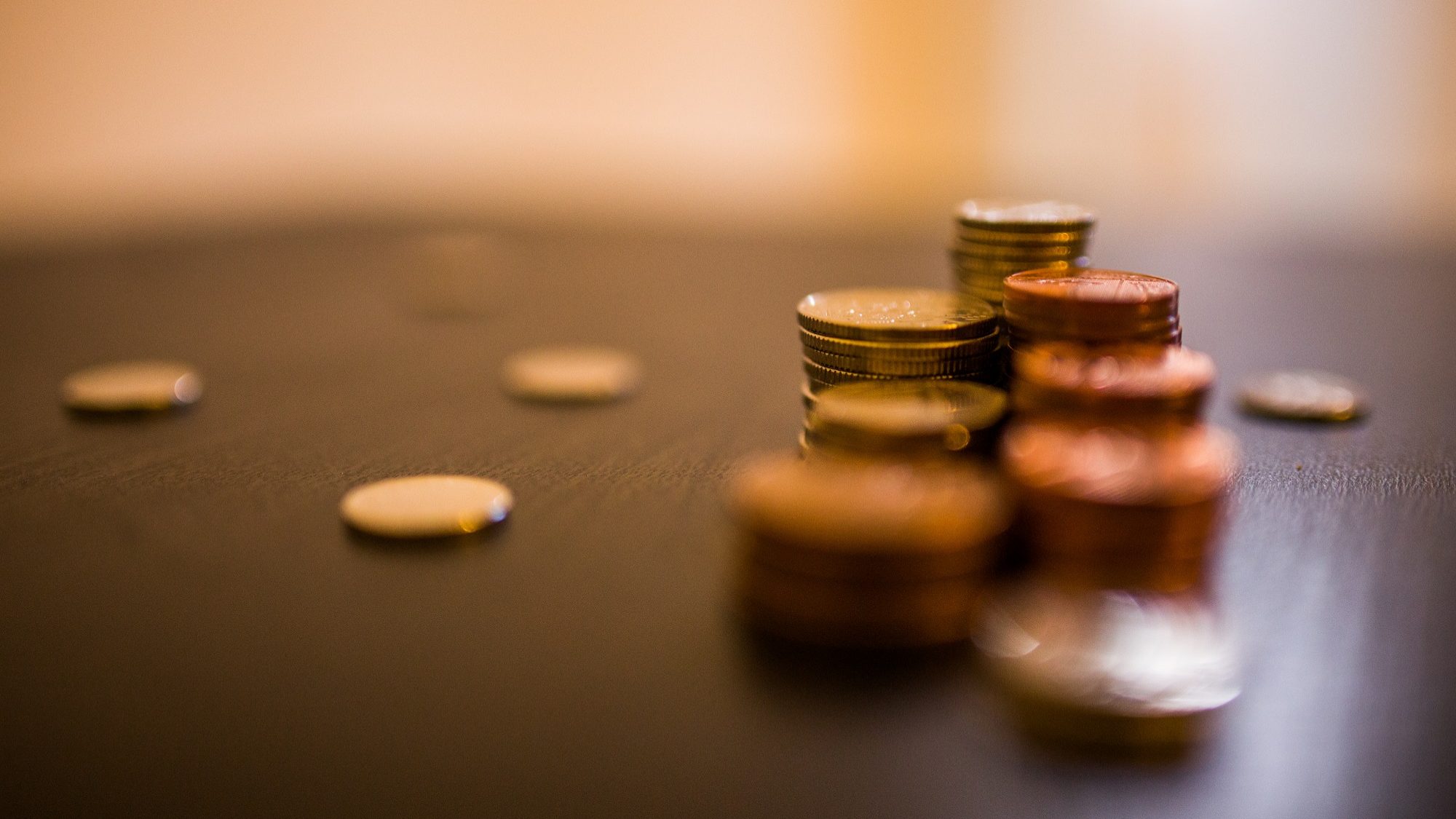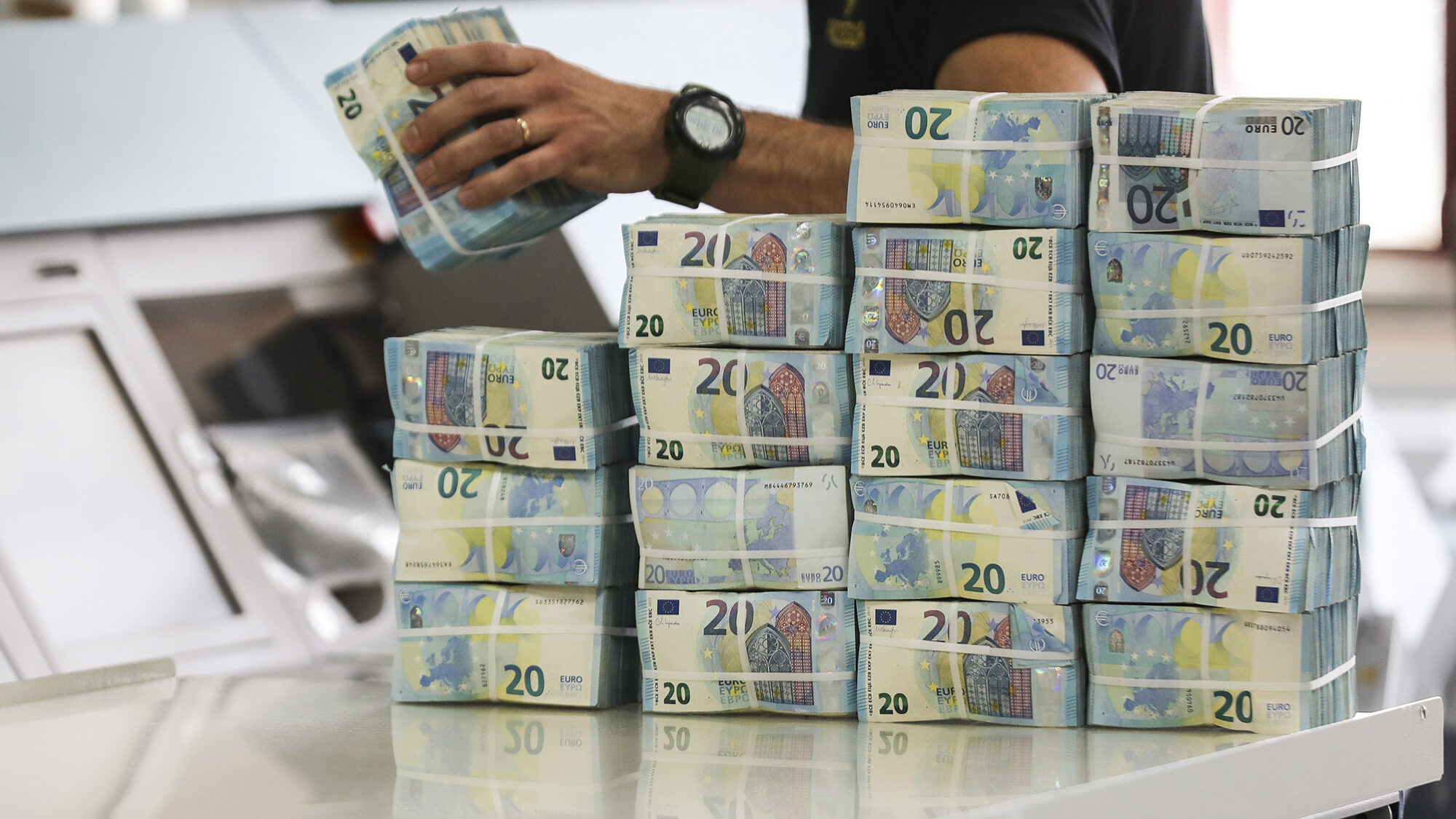Portugal GDP up 4.1% – 6.5% in Q3
According to economists consulted by Lusa, the Portuguese economy grew, in year-on-year terms, by between 4.1% and 6.5%, below the 7.4% recorded in the second quarter.
Economists consulted by Lusa estimate growth for the Portuguese economy in a range between 4.1% and 6.5% year-on-year and between a contraction of 0.4% and growth of 0.8% quarter-on-quarter in the third quarter.
On Monday, October 31, Statistics Portugal (INE) published its flash estimate for third quarter Gross Domestic Product (GDP) growth.
According to economists consulted by Lusa, the Portuguese economy grew, in year-on-year terms, by between 4.1% and 6.5%, below the 7.4% recorded in the second quarter, divided between a contraction and a chain expansion.
“Our forecast is for quarterly growth of 0.1%, in a row, and 4.6% year-on-year,” Paula Carvalho, chief economist at BPI, told Lusa.
The economist maintains that “one of the driving factors was tourism, whose recovery was quite strong this year, practically equalling the homologous months of 2019 (they were even exceeded in revenue)”.
On the other hand, he pointed out that systematically high inflation and the increase in the price of the basket of essential goods, together with the rise in short-term interest rates in the eurozone and “the effects on confidence derived from the complexity of the international political scenario”, will have led to a “containment of private consumption and postponement of investment decisions”.
“We anticipate a more favourable contribution of the external component to growth in the quarter,” he said.
Bruno Fernandes, an economist at Santander in Portugal, who points to year-on-year GDP growth of between 4.1% and 4.5%, and between contraction of 0.4% and stagnation, points out that some high-frequency indicators continue to signal a slowdown in economic activity due to a deterioration in the economic climate and consumer confidence.
Still, he said, “quantitative data continue to signal a positive evolution of domestic demand”.
“In terms of external demand, there is a slowdown in exports and imports, with net exports likely to have a negative contribution to growth in the third quarter,” he says.
Paulo Rosa, a senior economist at Banco Carregosa, had a more optimistic estimate and points to year-on-year growth in the range between 5.5% and 6.5% and quarter-on-quarter between 0.3% and 0.8%.
“There are two variables that may have increased their contribution to GDP growth; they are the external accounts and private consumption,” he justifies.
The economist argued that there was a slight improvement in external accounts over the third quarter due to the reduced price of imported fossil fuels and the positive balance of the travel and tourism sector.
It also pointed out that private consumption should have recovered “very slightly,” warning that “the deceleration of the contribution of investment to GDP could be a reality given the gradual deterioration of business confidence.
In the second quarter of this year, Portuguese GDP grew 7.4% year-on-year and 0.1% quarter-on-quarter, while in the third quarter, it expanded 5% year-on-year.
For the year as a whole, the government expects growth of 6.5% this year.

